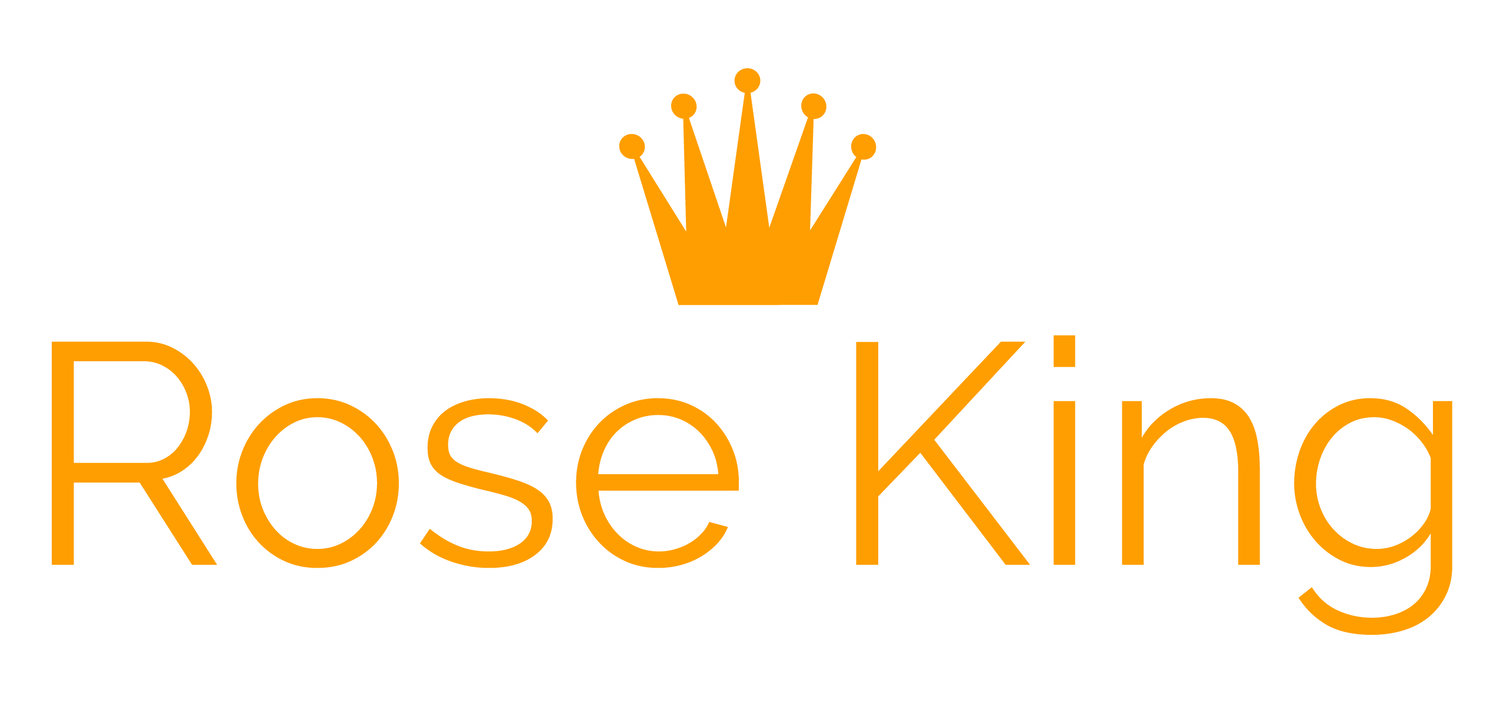My father-in-law knows I’m a speechwriter and often asks about my work. Last week, I told him I was drafting remarks for a CEO who’ll be speaking to about 2,000 people. We talked about the difference between speaking to a large audience verses a smaller one, and he asked me which I preferred.
Audience size: Your message may not change, but how you deliver it should. [Photo credit: Toni Cuenca]
When people are part of an audience of 50 or more, they have the luxury of being passive. They can melt into a sea of humanity and remain anonymous. As a result, they often sit back and relax. They want to see a show on stage and expect a more polished, formal, and entertaining presentation. Audience interaction, if it happens at all, generally takes place during a designated Q&A session.
When people are part of a small group, they have more opportunities to interact directly with the speaker. Their time together feels more like a conversation than a presentation, so they may interrupt the speaker throughout the session. This is especially true when audience members know one another. (Think board meeting.)
Speaking to a large crowd isn’t necessarily preferable to a smaller one. What’s important is matching the message to the means of conveying it. Announcing layoffs to a crowd of 1,000 isn’t ideal. That’s why companies often do so department by department, so folks can ask questions (and get answers). On the other hand, announcing the 2018 Top Sales and Marketing Award might call for a splashy event with the biggest crowd you can muster.
The number one rule of speechwriting and public speaking is to know your audience. Before you hit the stage, find out their average age, the sectors they represent, their political affiliation, and other information that’s relevant to the material you are presenting. If you know the audience size as well, you’ll have a better sense of what people are expecting of the speaker: a more informal, conversational event or a more formal, elevated presentation. That’ll give you a much better chance of connecting with them.
Looking for a speech coach or speechwriter? I'd love to hear from you. Please email me at rose@rosespeechwriter.com.

![Audience size: Your message may not change, but how you deliver it should. [Photo credit: Toni Cuenca]](https://images.squarespace-cdn.com/content/v1/56b15eefb6aa6091b8ce7fc2/1528212793474-HLV8GHMVLB45XTEA5IKN/toni-cuenca-501693-unsplash.jpg)